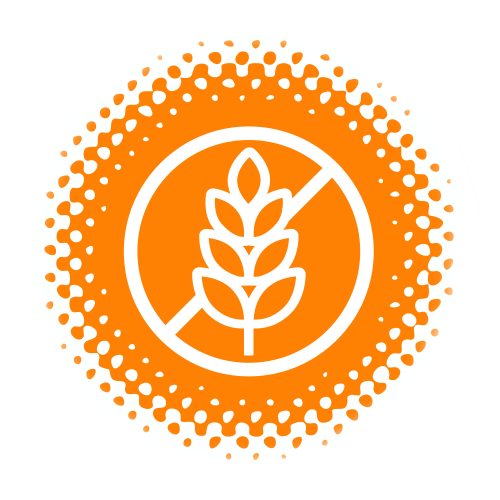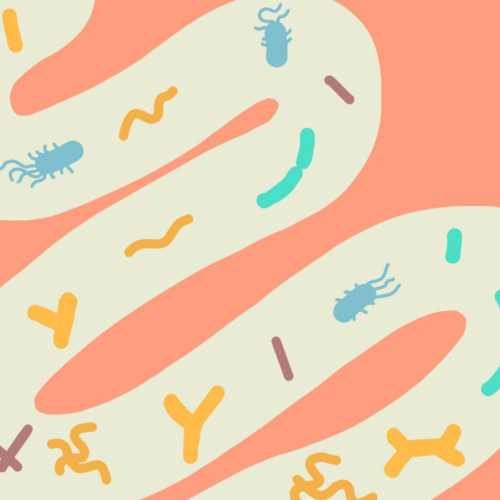
Q. “I eliminated gluten from my diet and feel better without it, but my friend suggested I should get checked to see if I have coeliac disease. She also said that to do that I have to eat gluten again. Is that correct?”
A. Healthy Food Guide nutritionist Claire Turnbull responds:
Your friend is correct. You need to have been eating gluten to be tested for coeliac disease. For adults, this needs to be equivalent to the amount of gluten in four slices of bread for 4-8 weeks before having tests. This process is something to discuss with your doctor or a dietitian to work out the best plan for you.
If you have eliminated, or significantly reduced, the amount of gluten in your diet, then you could get a false negative result if you have the blood test or bowel biopsy used to diagnose coeliac disease.
Why? Well, when someone who has coeliac disease has gluten-containing foods or drinks, their body creates antibodies which can be tested for in the blood. If you have been avoiding gluten and then have the blood test you could have a ‘negative’ result. But if you had been eating gluten, you would have got a positive result.
The same goes for the bowel biopsy to confirm coeliac disease. This is where a small sample of the tissue from inside your small bowel is taken to see whether it is healthy or has been damaged. If you have a bowel biopsy and haven’t been having gluten, your bowel may appear fine, but if you have had gluten, they would be able to see any damage.
It can be tempting to think, “I feel better on a gluten-free diet, so why bother with the tests to get a diagnosis?”. But it is important to get a correct diagnosis. It’s currently estimated that 60,000 to 70,000 New Zealanders have coeliac disease (1 in 70), however, up to 80 per cent of those are unaware they have the condition.
If you do have coeliac disease, then it may mean you need to take extra steps to make sure you are avoiding all traces of gluten to minimise long-term damage to the bowel and other serious consequences to your health. This could mean, for example, you need to be extra careful with cross contamination of your food and have a separate toaster and chopping board.
Equally, if you are able to confirm that you don’t have coeliac disease, then you can take the next step to see what is really going on. Do you have a non-coeliac gluten intolerance? Or maybe it’s irritable bowel that’s your issue? For more information, visit coeliac.org.nz.
Article sources and references
- Coeliac New Zealand, coeliac.org. nz/coeliac-disease/get-diagnosed Accessed March 2017https://www.coeliac.org.nz/
www.healthyfood.com











